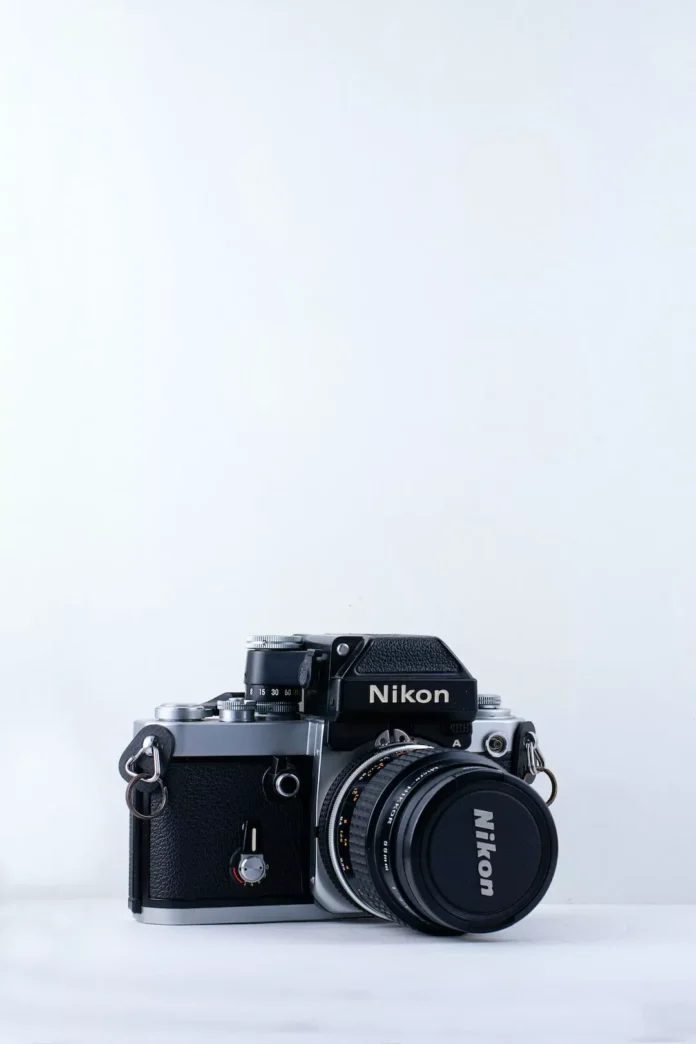The fight against organized crime has been a long and arduous battle, but there are individuals who have dedicated their lives to preserving the culture of anti-mafia. One such person is claudio La camera, an anthropologist and director of theater who has made it his mission to educate people about the ‘ndrangheta, one of the most powerful and dangerous criminal organizations in the world. La camera‘s efforts have culminated in the creation of the Museo de la ‘ndrangheta, a cultural institution that sheds light on the dark world of the mafia and promotes a message of anti-mafia culture.
La camera‘s journey began in the small town of Reggio Calabria, in southern Italy, where the ‘ndrangheta has a strong presence. Growing up in this environment, La camera witnessed the devastating effects of the mafia on his community. He saw how people were living in fear and how the mafia controlled every aspect of their lives. This experience sparked his interest in studying the ‘ndrangheta and understanding its roots.
After completing his studies in anthropology, La camera decided to use his knowledge and skills to create a cultural institution that would serve as a tool to fight against the mafia. In 2006, he founded the Museo de la ‘ndrangheta, which is the first and only museum in the world dedicated to the ‘ndrangheta. The museum is located in the heart of Reggio Calabria and has become a symbol of hope and resistance against the mafia.
The museum’s collection includes artifacts, documents, and multimedia installations that provide a comprehensive overview of the ‘ndrangheta‘s history, structure, and activities. One of the most striking exhibits is a room filled with thousands of fake invoices, known as “fatture false,” which were used by the mafia to launder money. These invoices were confiscated by the police during a major operation against the ‘ndrangheta, and they serve as a powerful reminder of the mafia’s illegal activities.
But the museum is not just a collection of artifacts; it also serves as a platform for cultural events and educational programs. La camera, who is also the director of the museum, has organized numerous theater performances, concerts, and conferences that promote anti-mafia culture. These events have attracted a diverse audience, including students, tourists, and locals, and have sparked important discussions about the role of culture in fighting against organized crime.
One of the most significant achievements of the Museo de la ‘ndrangheta is its impact on the local community. The museum has become a meeting place for people who want to learn more about the ‘ndrangheta and its impact on their lives. It has also become a source of inspiration for young people who are looking for alternatives to the mafia’s influence. Through its educational programs, the museum has reached thousands of students, teaching them about the dangers of organized crime and the importance of preserving their cultural heritage.
La camera‘s work has not gone unnoticed, and he has received numerous awards and recognition for his efforts. In 2018, he was awarded the prestigious “Premio Mediterraneo” for his contribution to promoting peace and intercultural dialogue. He has also been invited to speak at international conferences and has collaborated with other anti-mafia organizations to spread his message.
The Museo de la ‘ndrangheta and claudio La camera‘s work are a testament to the power of culture in fighting against organized crime. Through his dedication and passion, La camera has created a cultural institution that not only educates people about the ‘ndrangheta but also inspires them to take a stand against the mafia. The museum is a symbol of hope and resistance, and it serves as a reminder that the fight against organized crime is not just about law enforcement, but also about preserving our cultural heritage and promoting a message of peace and unity.

